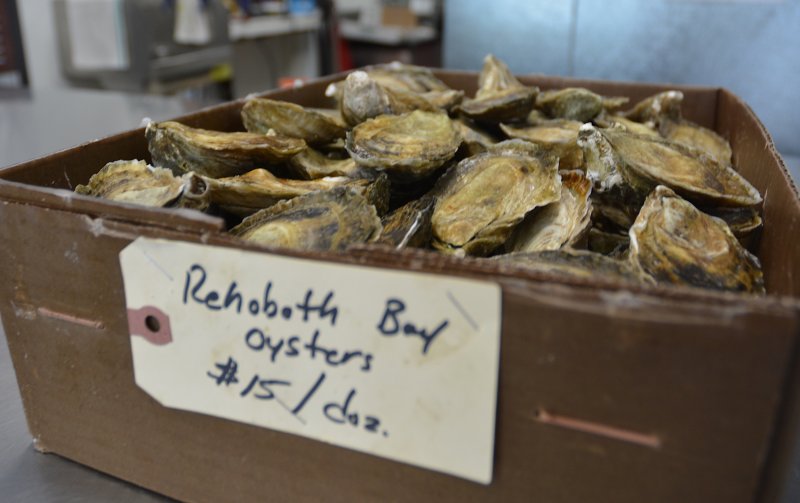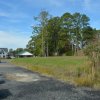DNREC approves changes to aquaculture program
In an effort to support the continued development of the state’s shellfish aquaculture industry, the state has approved a number of regulatory amendments that go into effect Wednesday, June 11.
In an order dated April 26, Delaware Department of Natural Resources and Environmental Control Secretary Gregory Patterson approved amendments to the planting and harvesting requirements, to gear-marking requirements and to in-state hatchery import permitting. The amendments are well-supported, he said.
Regarding planting and harvesting requirements, the minimum annual planting requirement has been reduced from 100,000 to 50,000 oysters per leased acre. In addition, the timeline for compliance has been shortened: New lessees must now meet the planting requirement within 36 months, down from 60 months, and achieve a minimum harvest of 2,000 oysters or 5,000 clams per acre within 48 months, down from 72 months.
As for gear marking, the amendments remove the requirement to mark individual gear units that are attached to lines suspended between poles spaced no more than 10 feet apart. This change, reads the order, reduces unnecessary burdens on growers utilizing suspended gear systems, where such equipment is already readily visible from the surface.
Finally, the amendments eliminate the import permit requirement for in-state hatcheries that comply with established shellfish disease control standards. As approved, hatcheries implementing approved biosecurity measures and demonstrating consistently low disease levels may also be eligible for reduced testing requirements.
Patterson said the amendments are consistent with DNREC’s statutory authority to support the aquaculture industry in Delaware’s Inland Bays through regulatory revisions that enhance lease conditions for bivalve shellfish cultivation.
“These revisions are intended to support continued industry development while upholding the department’s responsibility to protect environmental resources and public health,” said Patterson.
In an effort to revitalize the environment and the industry, legislation was signed into law in August 2013 creating a commercial shellfish aquaculture industry in the Inland Bays. Delaware was the last state on the East Coast to adopt aquaculture legislation. Leasing activity began in 2017 in Indian River, Rehoboth and Little Assawoman bays. In early 2018, the first aquaculturists put cages in the water. The proposed changes come from the work done by the Shellfish Aquaculture Task Force, which was created by the General Assembly last year and charged with examining all aspects of the program.
Chris Flood has been working for the Cape Gazette since early 2014. He currently covers Rehoboth Beach and Henlopen Acres, but has also covered Dewey Beach and the state government. He covers environmental stories, business stories and random stories on subjects he finds interesting, and he also writes a column called Choppin’ Wood that runs every other week. He’s a graduate of the University of Maine and the Landing School of Boat Building & Design.
















































